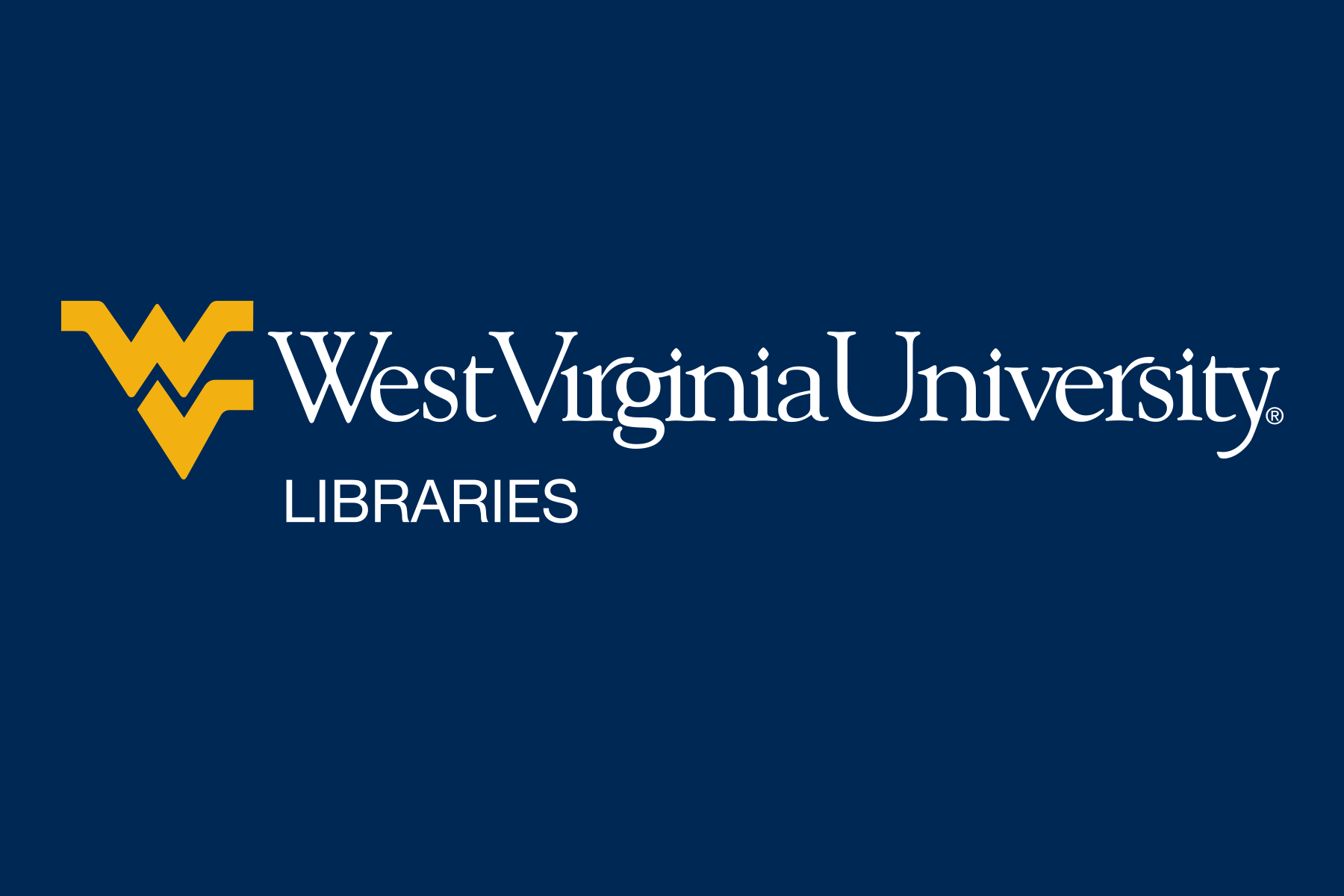|
|
Content warning, support, and notesThis guide includes disturbing materials about the history of American Indian residential and boarding schools. Encountering disturbing content can become overwhelming. If you need support, feel free to disengage from the material and consult the National Native American Boarding School Healing Coalition Resource List of Trauma Responses. Many historical archives and libraries, including the Library of Congress,
|
WVU, with its statewide institutional presence, resides on land that includes ancestral territories of the Shawnee, Lenape (or Delaware), Cherokee, and Haudenosaunee (or Iroquois--the Seneca, Cayuga, Onondaga, Oneida, Mohawk, Tuscarora), and other Indigenous peoples.
In acknowledging this, we recognize and appreciate all those Indigenous nations whose territories we are living on and working in. Indigenous peoples have been in the land currently known as West Virginia since time immemorial. It is important that we understand both the context that has brought our university community to reside on this land, and our place within this long history.
We also recognize that colonialism is a current, ongoing process, and as scholars seeking truth and understanding, we need to be mindful of our present participation in this process.
Note: Developed in 2019 with input from Native American Studies Program Committee members (especially Dr. Charlotte Hoelke), to be read at public events, included in printed programs and syllabi, and shared with others throughout WVU. We will continue to consult with tribal nations to be as inclusive, relevant, and accurate as possible, modifying this acknowledgement as needed.
